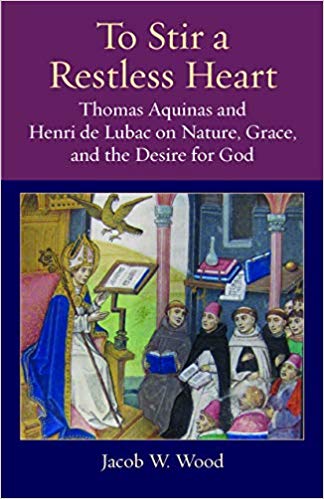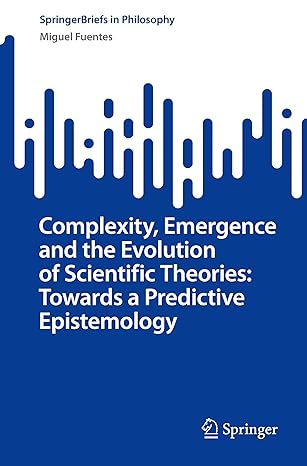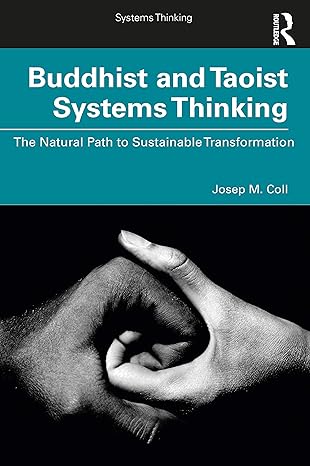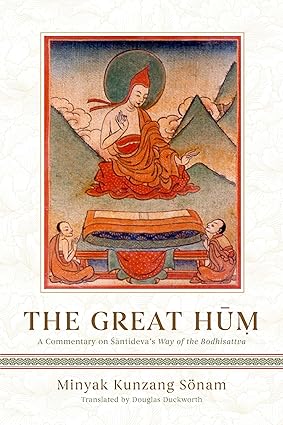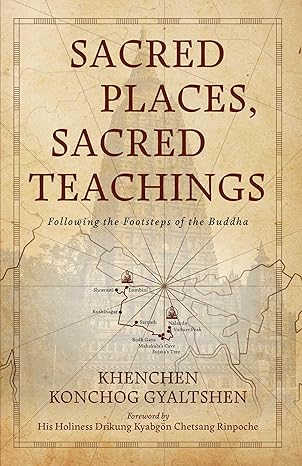To Stir a Restless Heart tells for the first time the story of how Thomas Aquinas conversed with his contemporaries about the dynamics of human nature's longing for God, and documents how he deliberately utilized Greek, Arabic, Hebrew, and Latin sources to develop a version of Aristotelian natural desire that was uniquely Augustinian: natural desire seeks the complete fulfillment of human nature "insofar as is possible," and so comes to rest in the highest end that God offers to it. Depending on whether God offers the free gift of grace to humanity, one and the same natural desire can come to rest in knowing God through creatures or seeing God directly.
Tracing the reception of Aquinas in the centuries that follow, Jacob Wood argues that Aquinas's student from among the Augustinian Hermits, Giles of Rome, consciously transformed Aquinas's understanding of human nature. By insisting that every nature has a positive aptitude for one, specific end, Giles tied our natural desire positively and directly to the vision of God, setting up a 700-year challenge among the Augustinian Hermits to explain the integrity of a nature with a supernatural end, as well as the gratuity of the grace which perfects it. Showing how de Lubac's early discovery of that tradition served as a principal source for his "natural desire for a supernatural end," To Stir a Restless Heart argues that many recent criticisms of de Lubac's theological anthropology find ready answers among the Augustinian Hermits, but that a renewed understanding of Aquinas's Augustinianism offers a more complete way forward: it preserves Aristotle's commitment to the integrity of human nature, de Lubac's commitment to the transcendence of human perfection, and Augustine's insistence on the priority and gratuity of divine grace in the work of redemption.
چکیده فارسی
برای برانگیختن یک قلب بیقرار برای اولین بار داستان چگونگی صحبت توماس آکویناس با معاصران خود در مورد پویایی اشتیاق طبیعت بشر به خدا را بیان می کند و نحوه استفاده عمدا از یونانی، عربی را مستند می کند. منابع عبری و لاتین برای توسعه نسخهای از میل طبیعی ارسطویی که منحصراً آگوستینی بود: میل طبیعی به دنبال تحقق کامل طبیعت انسان «تا آنجایی که ممکن است» است، و بنابراین در عالیترین هدفی که خدا به آن عرضه میکند قرار میگیرد. بسته به این که آیا خداوند موهبت رایگان فیض را به بشریت عرضه می کند، یک میل طبیعی می تواند در شناخت خدا از طریق مخلوقات یا دیدن مستقیم خدا به وجود آید.
با ردیابی استقبال از آکویناس در قرون بعدی، یاکوب وود استدلال می کند که شاگرد آکویناس از میان گوشه نشینان آگوستینی، گیلز از روم، آگاهانه درک آکویناس از ماهیت انسان را تغییر داد. گیلز با اصرار بر این که هر طبیعت استعداد مثبتی برای یک هدف خاص دارد، میل طبیعی ما را به طور مثبت و مستقیم به دید خدا گره زد و چالشی 700 ساله در میان گوشه نشینان آگوستین ایجاد کرد تا یکپارچگی یک طبیعت را با یک ماوراء طبیعی توضیح دهند. پایان، و نیز انعام فیضی که آن را کامل می کند. To Stir a Restless Heart با نشان دادن اینکه چگونه کشف اولیه آن سنت توسط دی لوباک به عنوان منبع اصلی برای "میل طبیعی او برای یک پایان فراطبیعی" عمل کرد، استدلال می کند که بسیاری از انتقادات اخیر از انسان شناسی الهیاتی دو لوباک آماده است. در میان گوشه نشینان آگوستینی پاسخ می دهد، اما درک تازه ای از آگوستینیسم آکویناس راه کامل تری به پیش می دهد: تعهد ارسطو به یکپارچگی طبیعت انسانی، تعهد دو لوباک به تعالی کمال انسانی، و اصرار آگوستین بر اولویت و انعام را حفظ می کند. از فیض الهی در کار رستگاری.
ادامه ...
بستن ...
Ebook details:
عنوان: To Stir a Restless Heart: Thomas Aquinas and Henri de Lubac on Nature, Grace, and the Desire for God (Thomistic Ressourcement Series)
نویسنده: Jacob W. Wood
ناشر: The Catholic University of America Press (August 22, 2019)
زبان: English
شابک: 0813231833, 978-0813231839
حجم: 3 Mb
فرمت: TRU pdf
ادامه ...
بستن ...
